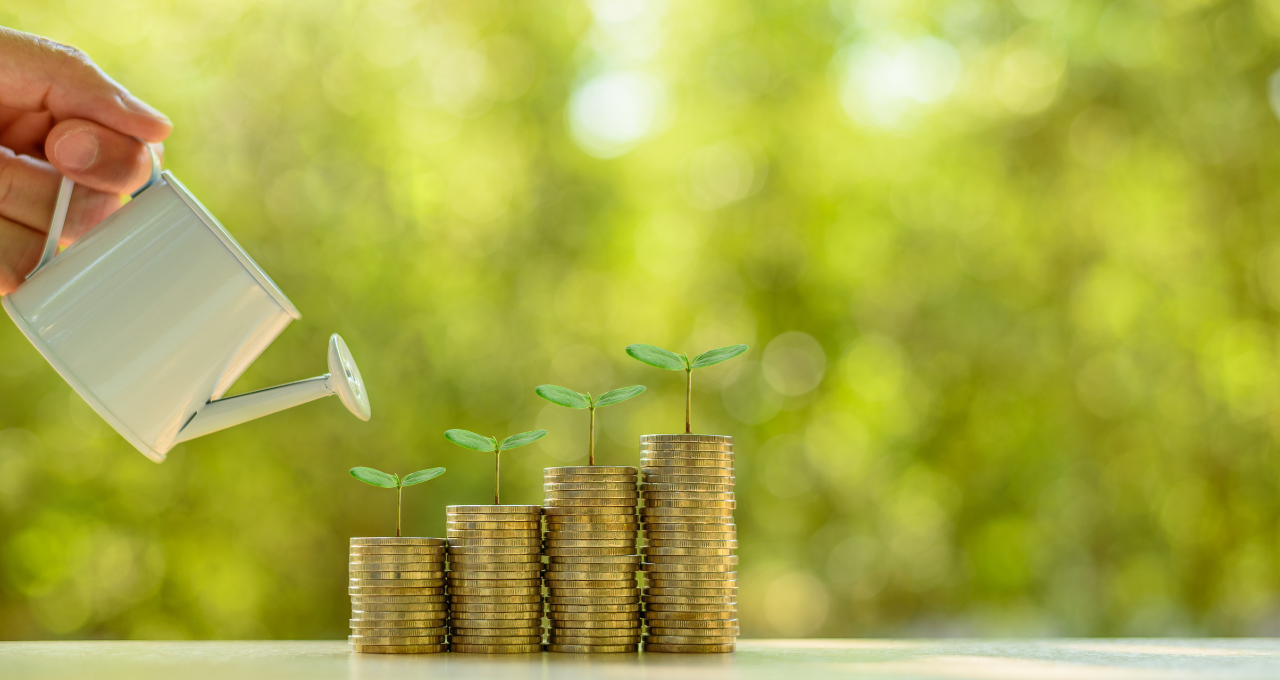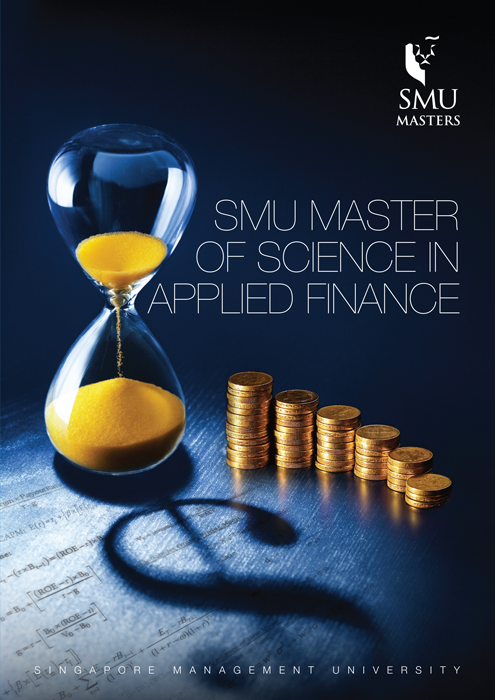
The notion of making an impact means different things to different people. For some, it might entail a post on social media of their private jet, complete with monogrammed seat covers; while to others, it might mean making a name for themselves in the world of art, business or academia.
When it comes to investing, “impact” used to be synonymous with over-the-top parties thrown by bankers during bonus season, or a stock on an endless bull run. However, in recent years, “impact investing” has come to take on a whole new, more modest meaning. It broadly refers to an investment strategy that prioritises financial returns as well as measurable, positive social and environmental impact.
Today, investing with a conscience has become a trending concept that not only attracts financially savvy environmentalists, but also the average retail investor. The premise of betting on companies that tend to do good, rather than conglomerates that only obsess over profits, certainly has its appeal: The impact investing market was said to be worth US$715billion last year. The pandemic has also exacerbated social and environmental challenges around the world — a development that has influenced investors’ changing priorities.
“Impact investing has become a broad umbrella that includes all investing with a focus on both financial return and social impact,” explains Jacqueline Novogratz, founder of US non-profit venture capital fund Acumen, in a 2012 interview with WSJ.com.
“But in its best form, impact investing prioritises impact over returns and achieves outcomes that traditional investing cannot.”
Far from being a sure bet — which, as any investor worth their Bloomberg terminal knows, is a myth — impact investing is an ever-evolving, fast-growing industry. Although plenty of investment vehicles and products have emerged, targeting veteran institutional investors and rookie market dabblers alike, the nascent sector also involves risks and opportunities. Here are some top trends relating to impact investing to track right now.
1. From niche to mainstream
When Temasek, one of the world’s largest sovereign wealth funds believes impact investing is at a tipping point, you can bet that retail investors are going to sit up and take notice.
“There is an urgent and pressing need to address the critical social and environmental challenges that the world is facing,” said Benoit Valentin, Temasek Holdings’ head of impact investing, during a media announcement of a US$500 million allocation to impact fund Leapfrog Investments.
“We believe in the potential of impact investing to unlock the capital to meet these challenges.”
Impact investing has gone from a niche sector favoured by new-age investors to the mainstream: Today, retail banks have introduced unit trusts or fixed deposits that are invested in sustainable assets and green financing endeavours.
2. Rise of "impact washing"
Just as how B2C companies have been engaged in greenwashing practices — for example, beauty companies that are unregulated in using "natural" or "organic" labels — funds have also been guilty of impact washing. This occurs when funds repackage their traditional investment strategies as "impact investments", without measurable returns on the environment or society.
In 2018, a high-profile fund said to track an index of socially responsible companies was discovered to have invested in fossil fuel firms. The fossil fuel firms have been sued in the past for suppressing global climate change research and underpaying workers.
The following year, the World Bank’s International Finance Corporation launched a framework of principles designed to bring greater transparency, comparability, and rigour to the impact investing market. Such measures help regulate previously opaque claims made by companies riding on the green investing wave and enable investors to conduct due diligence when it comes to impact investing.
3. Beyond climate change
Besides green investments that aim to mitigate climate change, other forms of impact investing are on the rise, most notably efforts to address gender inequality.
The term "gender lens investing" (GLI) came about in 2009 and focuses on companies that embrace diverse leadership and workplace representation, and sometimes even offer products that cater to the needs of women. According to a 2015 McKinsey report, advancing gender equality in the workplace at each country’s optimal performance could increase GDP by US$12 trillion by 2025.
The impact of GLI is greater now than ever, as women bore the brunt of Covid-19 fallouts — often struggling to juggle work with responsibilities at home.
“COVID-19 amplified the severity of key social and economic issues including inequality, threatening progress on several fronts,” says Tania Carnegie, Global Lead for Private Equity and Asset Management, KPMG IMPACT, on the multinational professional services network’s website for gender lens investing.
“There is an urgent need for investors to promote equality through their decisions, so that society emerges from this crisis faster, more inclusive and resilient than before.”
While multiple sustainable exchange-traded funds (ETFs) exist, there lies a gap for mainstream gender-smart investment vehicles. Hopefully, the situation is set to change, what with Bloomberg expanding its Gender-Equality Index (GEI) from 230 companies in 2019 to 325 public companies last year, and 380 companies in 2021 — six of which are based in Singapore.
As this relatively nascent industry grows in scale and influence, the need for greater transparency will also gain momentum. A confluence of factors like innovations in big data, and the emergence of more mature frameworks for measuring impact, will add greater credibility to the sector. In time, impact investing will hopefully no longer be a specialised approach, but the key driver for any investment strategy.
Speak to our Admissions Advisors
Lee Kong Chian School of Business
Postgraduate Admissions
Singapore Management University
Lee Kong Chian School of Business
Graduate Programmes Office, Level 4
50 Stamford Road, Singapore 178899
Tel: +65 6828 0882
Join us at the upcoming events
Singapore Management University
50 Stamford Road Singapore 178899
Singapore
